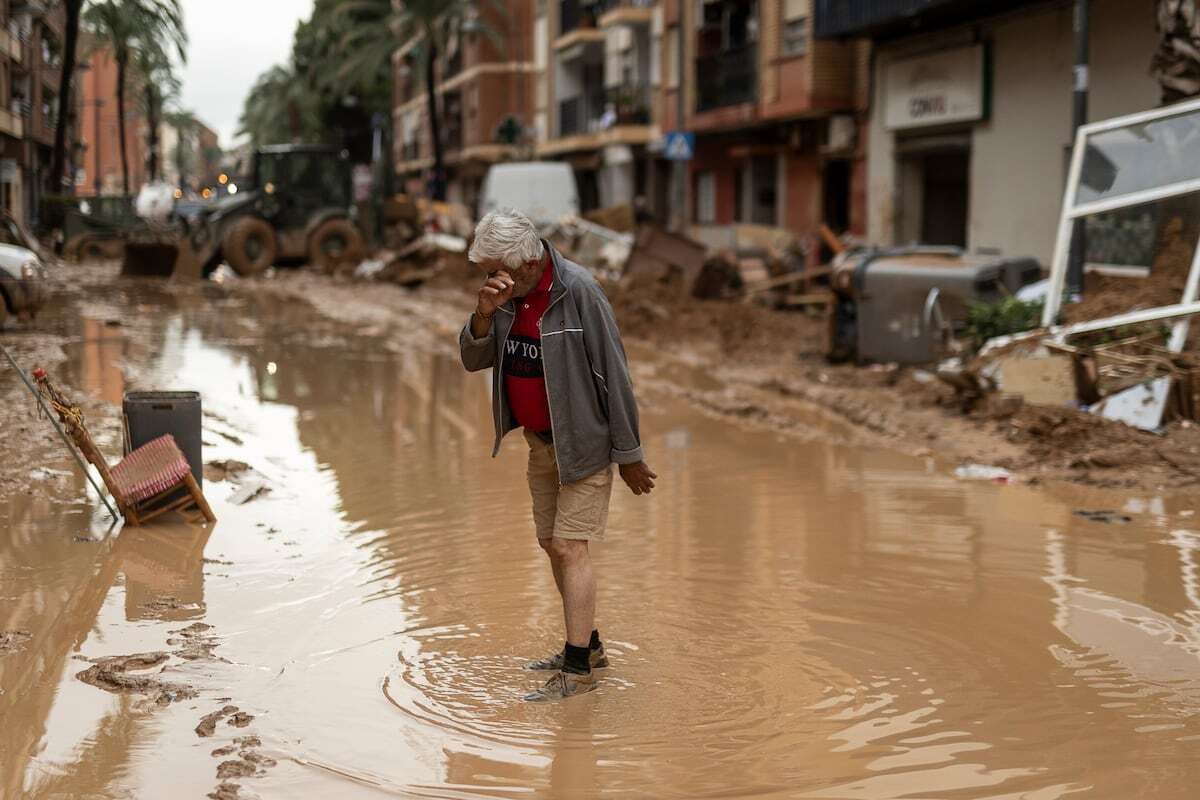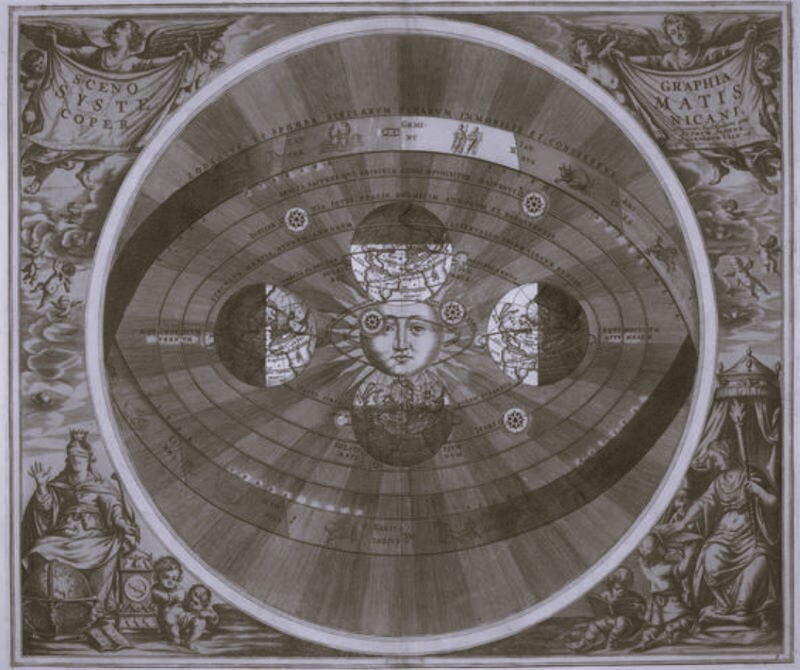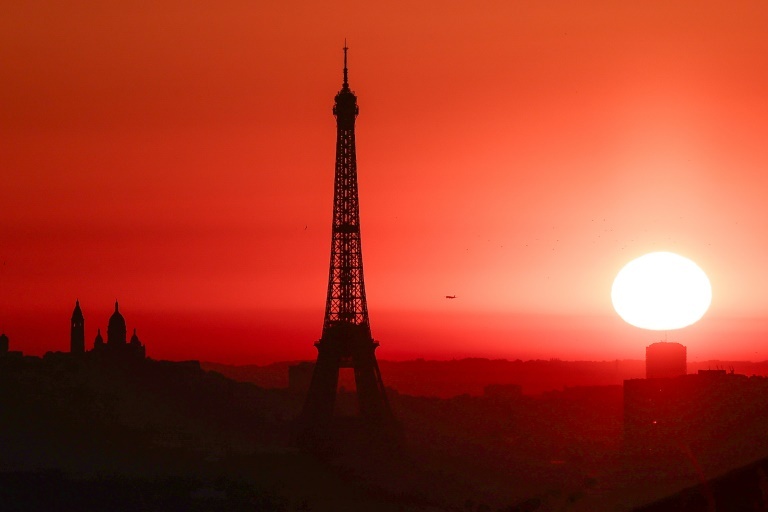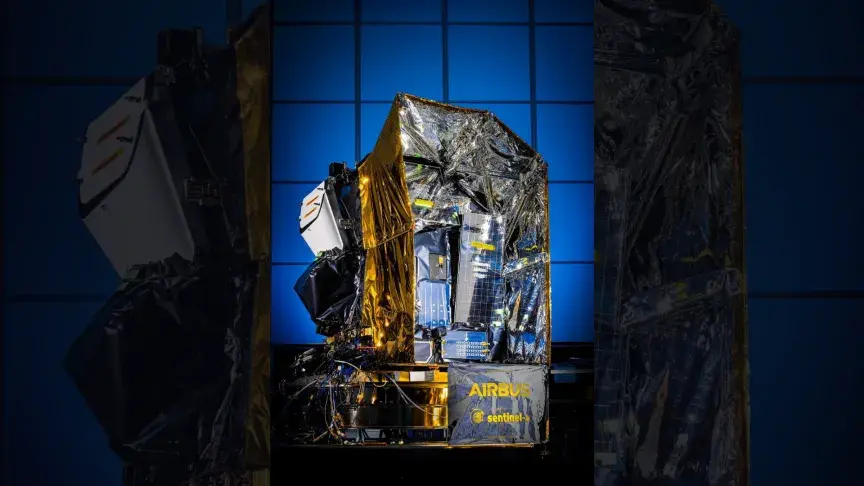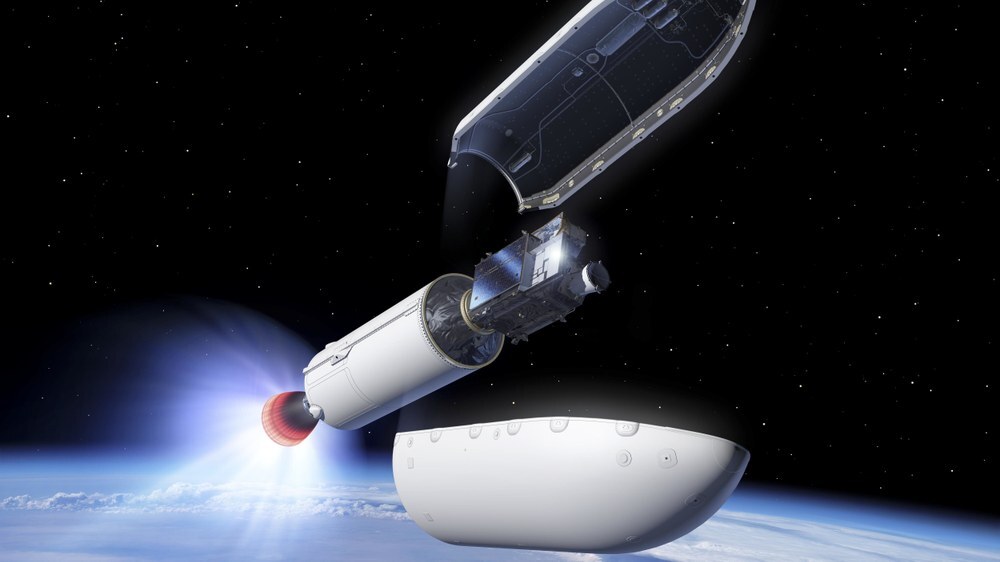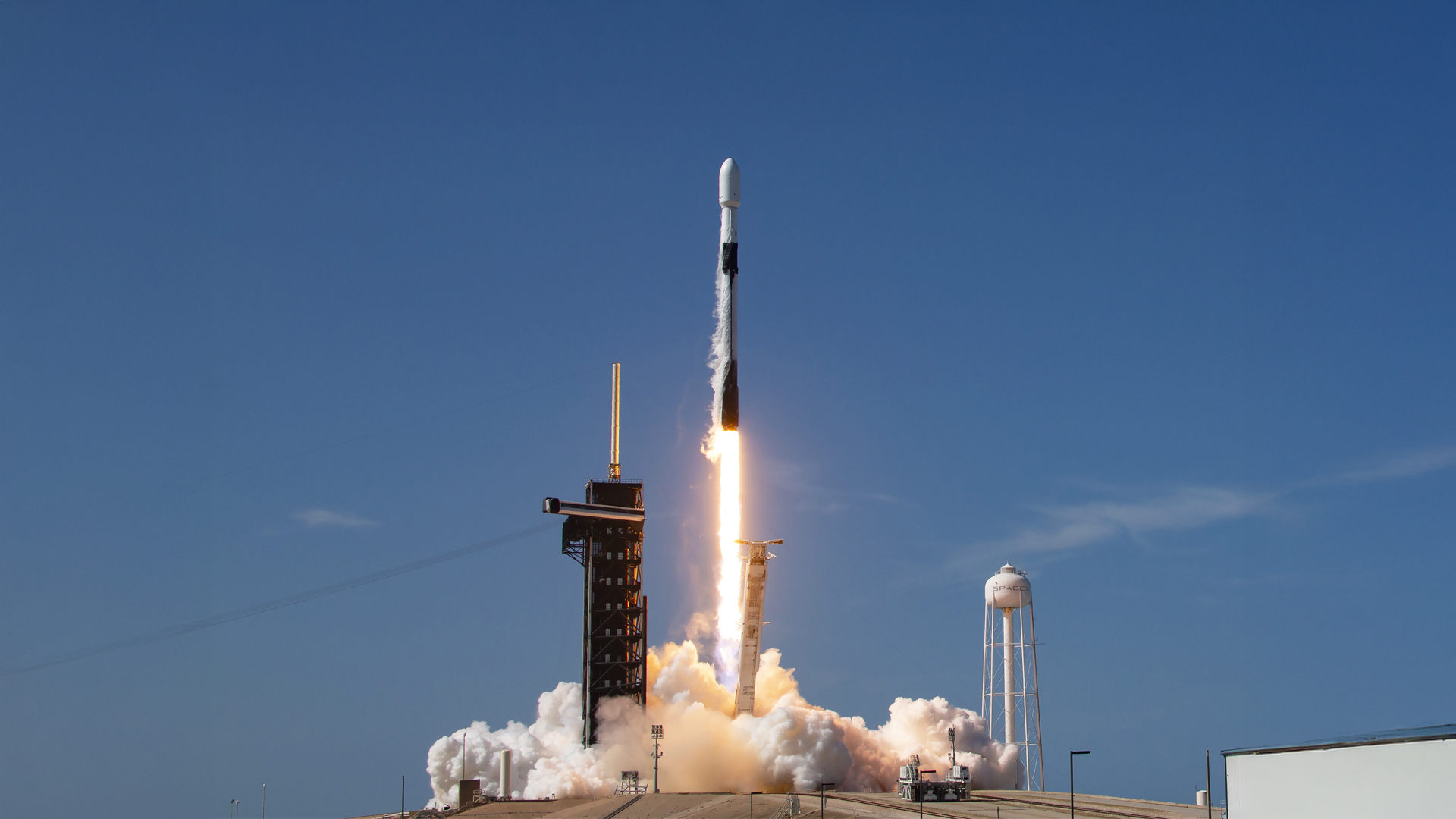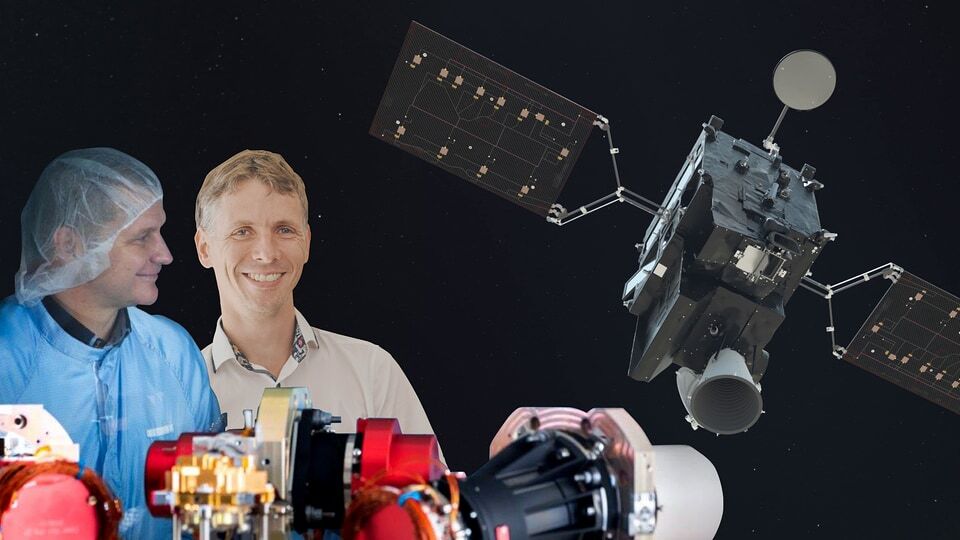#Switzerland’s ebbing #glaciers show a new, strange phenomenon: holes reminiscent of Swiss cheese
The European Union’s #Copernicus climate center said last month was the second-warmest May on record worldwide, although temperatures in Europe were below the running average for that month compared to the average from 1991 to 2020.
By FANNY BRODERSEN, MATTHIAS SCHRADER and JAMEY KEATEN
Updated 4:42 AM EDT, June 25, 2025
Excerpt: " 'This is a situation we are seeing more and more often on our glaciers: That the ice is just not dynamic anymore,' he said. 'It’s just resting there and melting down in place.'
"This lack of dynamic regeneration is the most likely process behind the emergence and persistence of holes, seemingly caused by water turbulence at the bottom of the glacier or air flows through the gaps that appear inside the blocks of ice, Huss said.
" 'First the holes appear in the middle, and then they grow and grow, and suddenly the roof of these holes is starting to #collapse,' he said. 'Then these holes get visible from the surface. These holes weren’t known so well a few years ago, but now we are seeing them more often.'
"Such an affected glacier, he said, 'is a Swiss cheese that is getting more holes everywhere, and these holes are collapsing — and it’s not good for the glacier.' "
Read more:
https://apnews.com/article/switzerland-rhone-glacier-blatten-climate-melting-20734108e501c3c05143dafb176441fa
